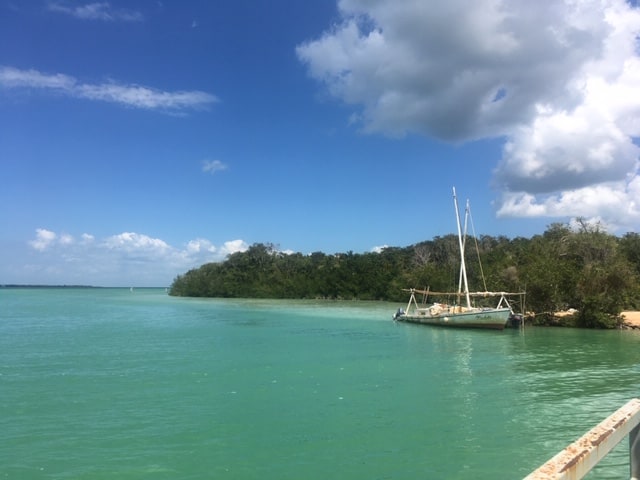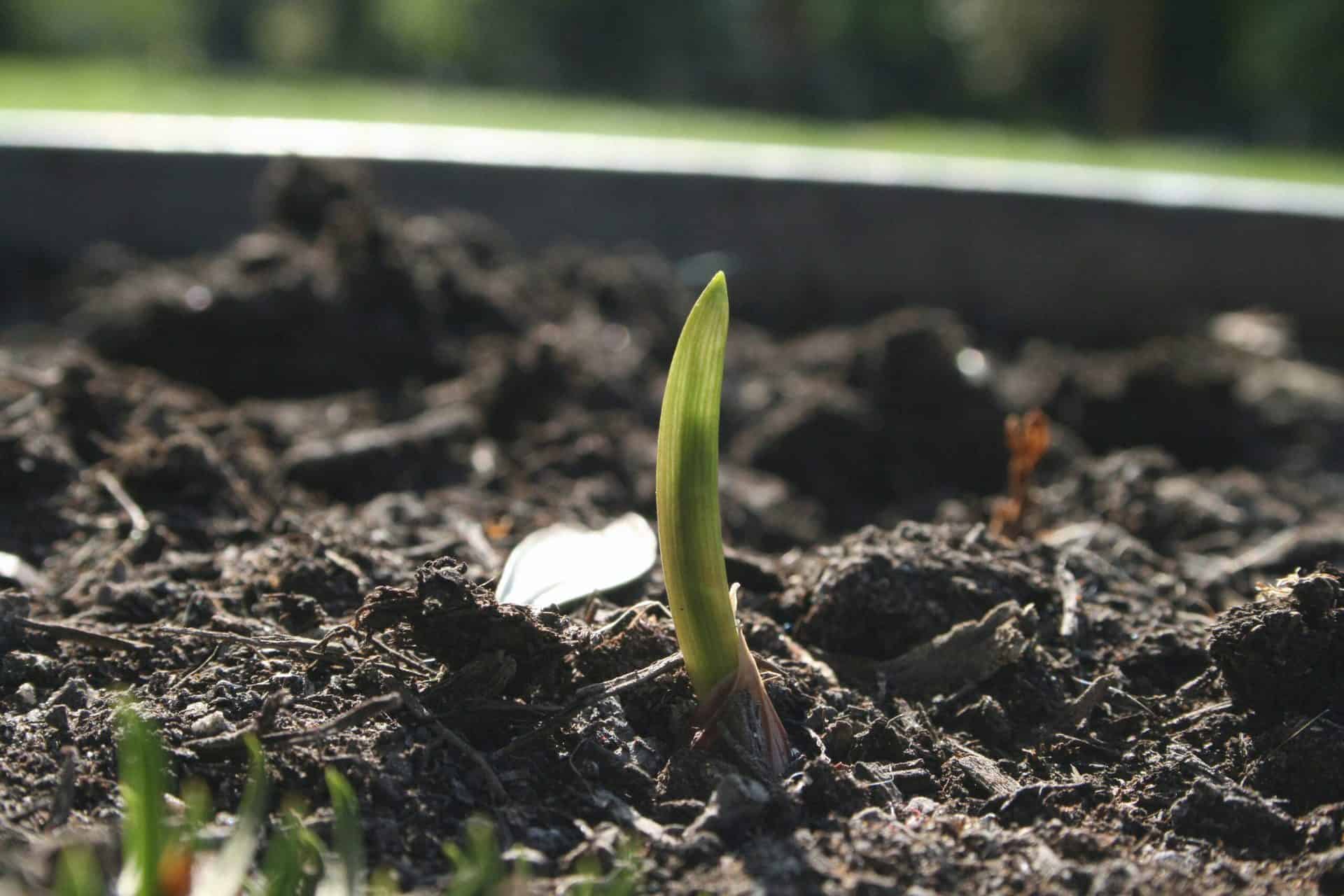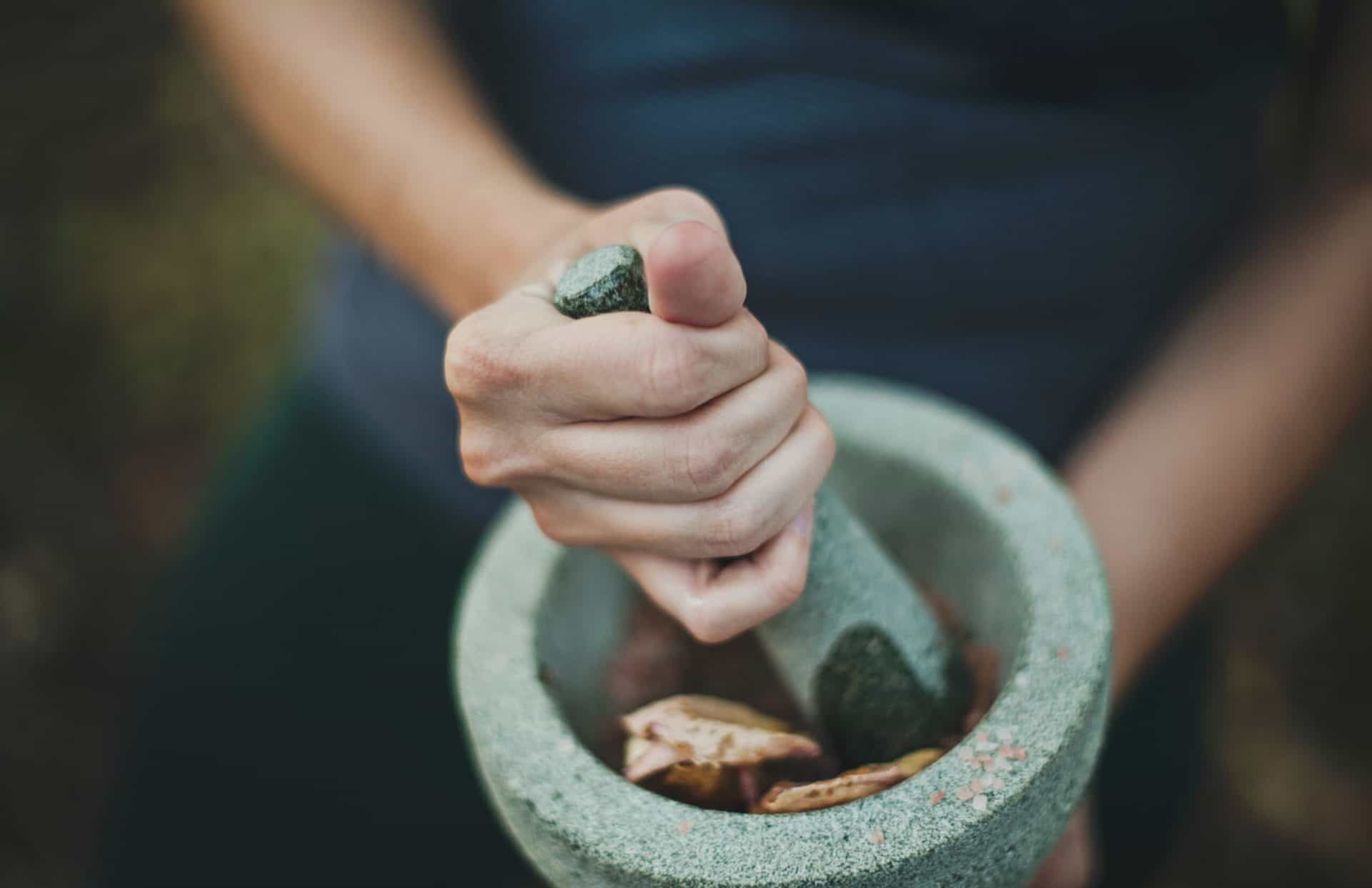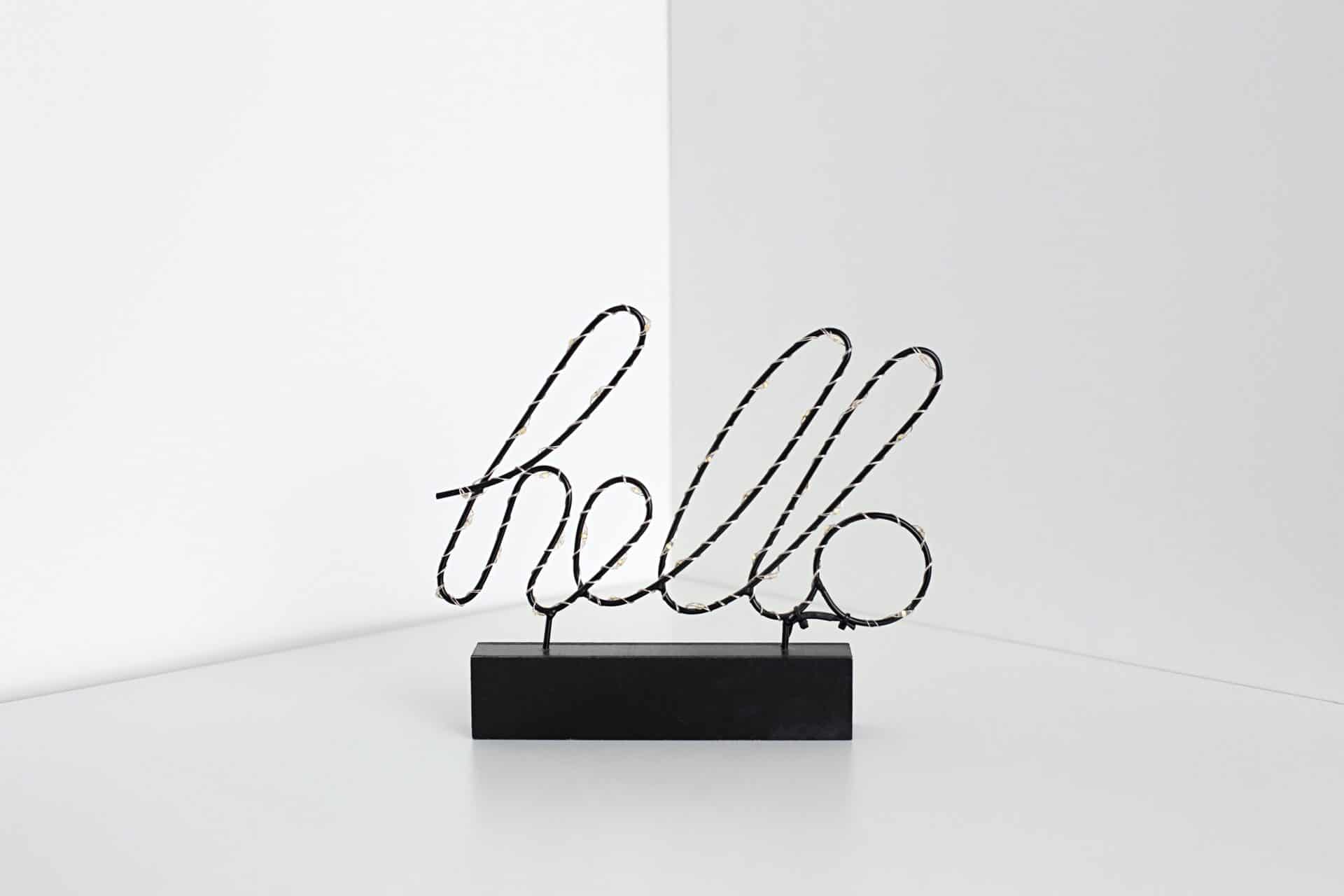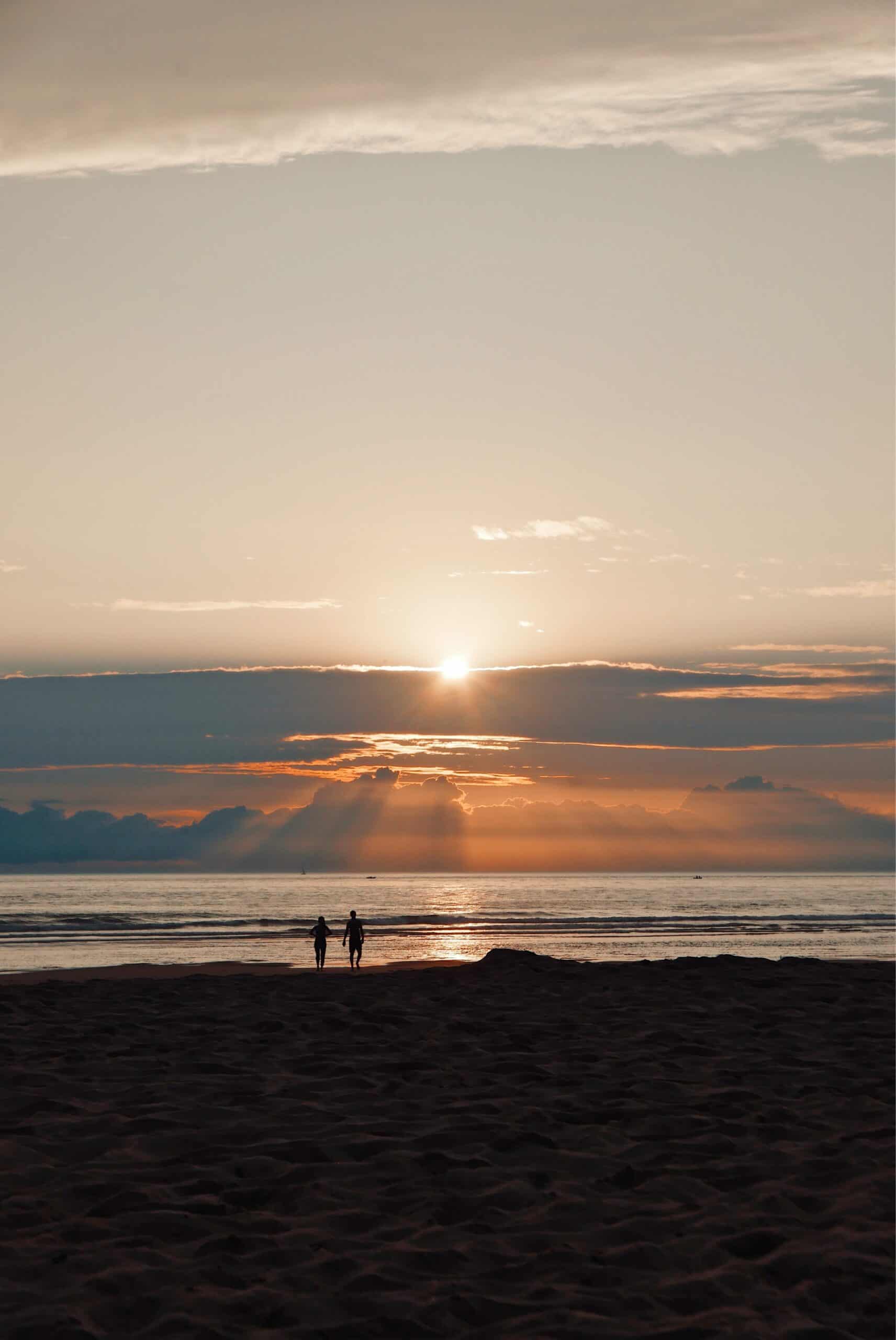Blog
Why Belize?
We learnt about this small central american country living in Kenya, east africa 4 years ago. At this time we had lived in east africa for about two years. It was through this time that we realised we wanted to live a decentralised life. Its all well and good wanting Read more…
